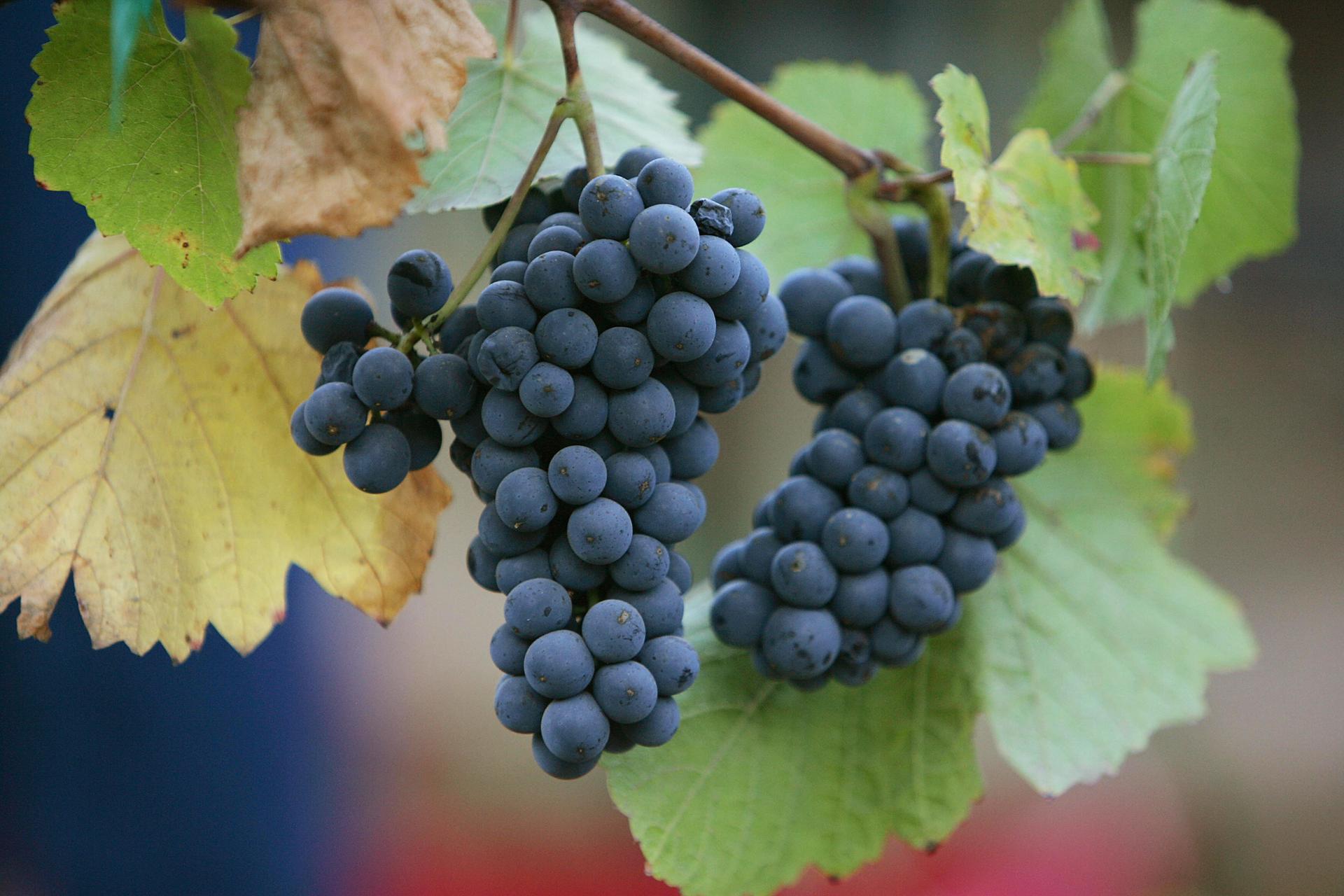Red wine anti-aging properties shown in new study
A new study confirms that red wine has anti-aging properties due to the presence of chemical resveratrol.
Red wine's anti-aging properties is once again confirmed by a study that says the chemical resveratrol is the cause.
Researchers at Harvard Medical School said they had solved a mystery that plagued earlier studies, that is, understanding the beneficial properties of resveratrol.
According to the new study, the chemical works by acting on the SIRT1 gene, which is believed to improve the function of cells and increase their longevity.
CBS reported that the SIRT1-deficient mice that were studied did not receive the benefits of the resveratrol they were given, indicating that the red wine chemical needs the gene to be present no matter the dose.
According to Zee News, the finding is the first definitive evidence of the link between SIRT1 and the helpful properties of resveratrol.
"Our paper found you absolutely require the SIRT1 gene for resveratrol to improve the metabolism of the mice," said study author David Sinclair, a professor of genetics at Harvard Medical School, reported Health Day.
The new study may help to shed light on new ways of treating age-related illnesses and help design new drugs to prevent aging.
"My colleagues are in the middle of developing better molecules that we hope will be medicines that will be used to treat diseases of aging, not to extend lifespan, though that may be a side effect," Sinclair said, according to Health Day.
The study was published in the May issue of Cell Metabolism
Every day, reporters and producers at The World are hard at work bringing you human-centered news from across the globe. But we can’t do it without you. We need your support to ensure we can continue this work for another year.
Make a gift today, and you’ll help us unlock a matching gift of $67,000!
